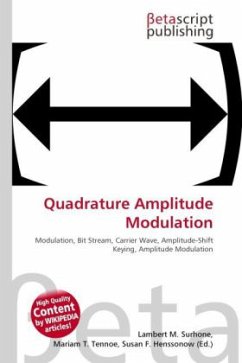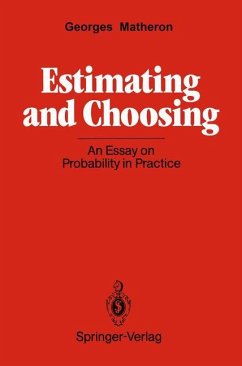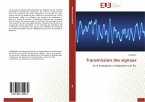High Quality Content by WIKIPEDIA articles! In quantum mechanics, a probability amplitude is a complex number whose absolute value squared represents a probability or probability density. For example, the values taken by a normalised wave function are amplitudes, since (x) 2 gives the probability density at position x. Probability amplitudes may also correspond to probabilities of discrete outcomes. The principal use of probability amplitudes is as the physical meaning of the wavefunction, a link first proposed by Max Born and a pillar of the Copenhagen interpretation of quantum mechanics. In fact, the properties of the wave function were being used to make physical predictions (such as emissions from atoms being at certain discrete energies) before any physical interpretation was offered. Born was awarded half of the 1954 Nobel Prize in physics for this understanding, though it was vigorously contested at the time by the original physicists working on the theory, such as Schrödinger and Einstein.
Bitte wählen Sie Ihr Anliegen aus.
Rechnungen
Retourenschein anfordern
Bestellstatus
Storno








